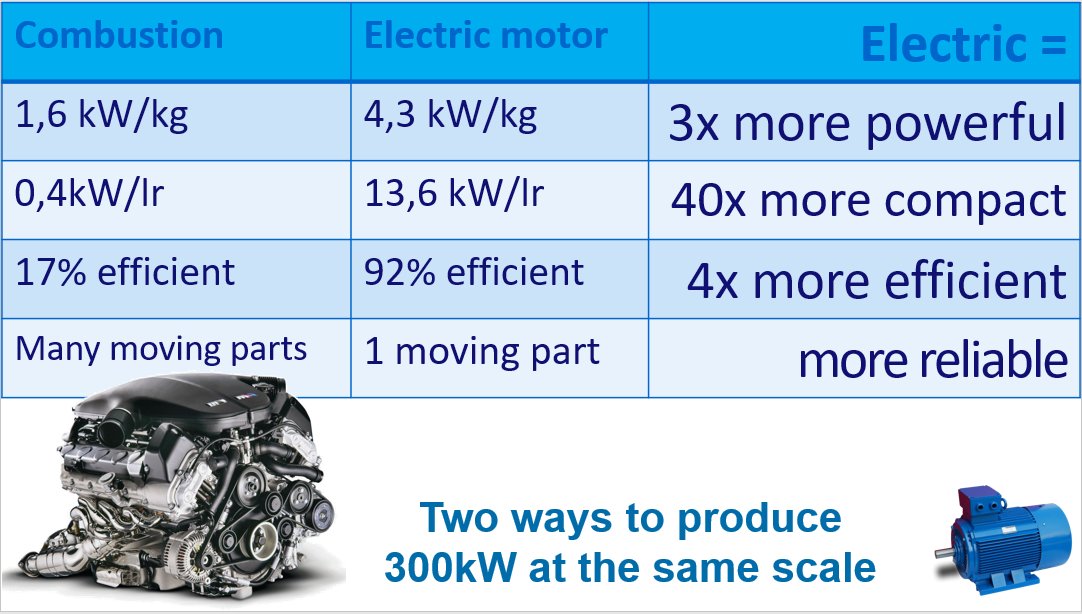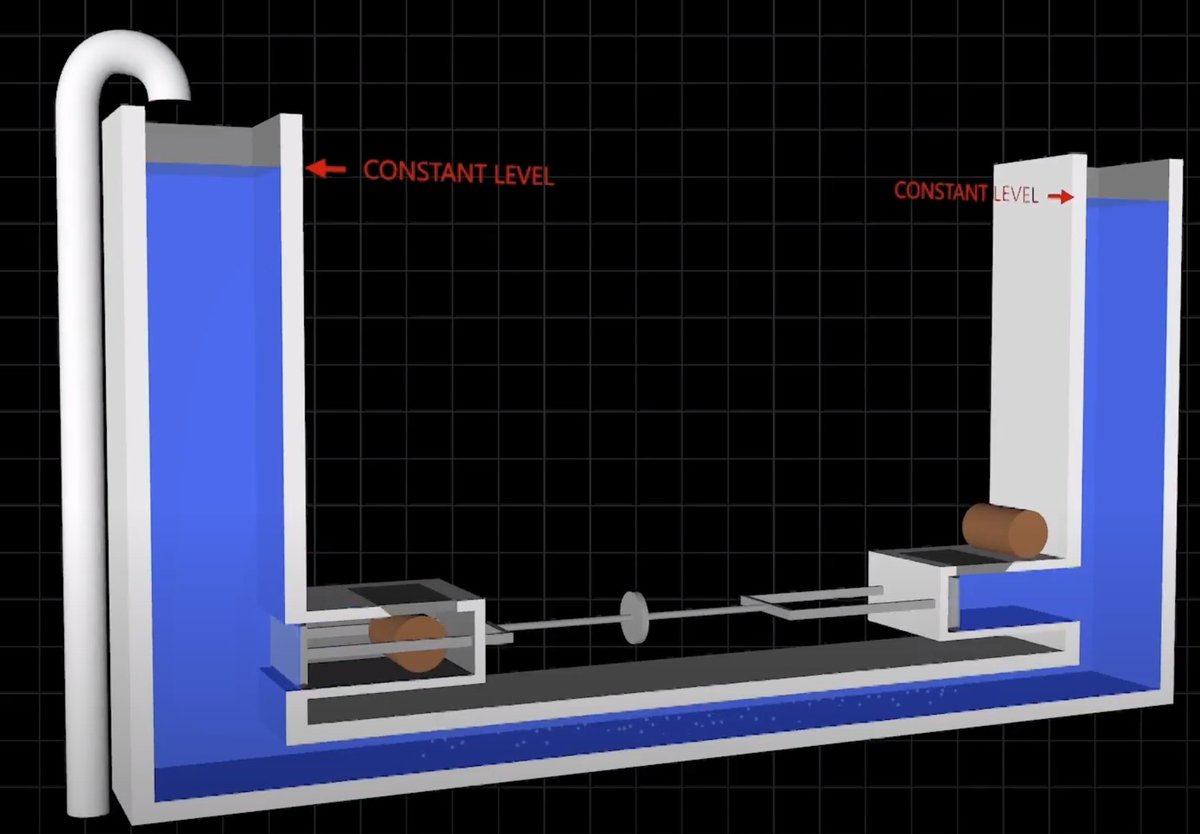
New paper in @Nature shows how to prioritize ecosystem restoration for maximum effect: 60% less extinctions and 300 Gt CO2 stored by restoring 15% of converted lands.
nature.com/articles/d4158…
nature.com/articles/s4158…
I think fertile land is our most precious commodity.

nature.com/articles/d4158…
nature.com/articles/s4158…
I think fertile land is our most precious commodity.


As @hausfath points out (ht @Gio_tweets) the authors equate 300 Gt CO2 to 30% of human emitted CO2 that ended up in the atmosphere since the industrial revolution.
This is technically true, but it's only 15% of all CO2 we emitted.
What's going on here?
This is technically true, but it's only 15% of all CO2 we emitted.
What's going on here?
https://twitter.com/hausfath/status/1316481619075588096?s=20
Well, the fact is that humans emitted 2000 Gt CO2 and only half of it ended up in the atmosphere. The rest was absorbed by the oceans (and the land).
Why is that important?
Why is that important?
Well, if we would sequester 300 Gt of CO2, the oceans and land would actually exude CO2 to balance things out again (e.g. oceans would become less acidic) so atmospheric carbon would be reduced by 15%, not 30%.
And this is 15% of the carbon added since the industrial revolution. After the industrial revolution we went from 280=>415 ppm: an increase of 160 ppm. 15% of that is 20 ppm. (ht @airscottdenning)
Or as Zeke puts it: it negates 7 years of current emissions.
Or as Zeke puts it: it negates 7 years of current emissions.
Summary:
Restoring 15% of the area humans claimed to nature would avoid 60% of predicted extinctions.
It would also sequester 300 Gt of CO2 which would lower atmospheric CO2 concentrations by 20 ppm.
So it's important but not a silver bullet that makes other actions redundant.
Restoring 15% of the area humans claimed to nature would avoid 60% of predicted extinctions.
It would also sequester 300 Gt of CO2 which would lower atmospheric CO2 concentrations by 20 ppm.
So it's important but not a silver bullet that makes other actions redundant.
What also triggered me is how important it is to prioritize. The first 15% of land avoids 60% of extinctions.
The next 15% saves 'only' 10% more species.
So for effective restoration, money rich nations and species rich nations should work together.
The next 15% saves 'only' 10% more species.
So for effective restoration, money rich nations and species rich nations should work together.

• • •
Missing some Tweet in this thread? You can try to
force a refresh




